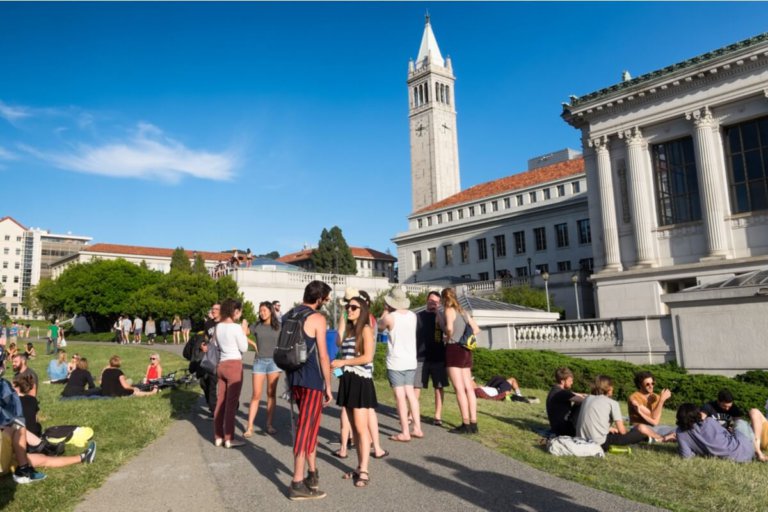
Income-share agreements (ISA) are growing in popularity, but are they as good as they’re made out to be?
Seen as an alternative to student loans, an ISA is an agreement between a student and their school in which the student agrees for the university to fund their education. In exchange, they agree to pay the university a percentage of their salary after graduation.
The terms of the agreement varies from university to university, but typically, the amount students pay back will increase as their income increases.
According to The Wall Street Journal, the typical university or college takes two to ten percent of a graduate’s income for the first five to 10 years after graduation, starting as soon as the graduate lands a job paying at least US$20,000 to US$30,000.
The total payback is typically capped at 1.1 to 1.2 times the amount fronted, it said.
With Americans drowning in US$1.6 trillion student loan debt, advocates of this financing model claims it shifts the financial risk from the student to the school. It also gives students who are less successful in the job market the flexibility to make lower payments when compared to traditional student loans.
But critics argue that ISAs are “unregulated and untested” – meaning it is open to abuse – while it can be seen as a form of “ownership” over graduates and that “lives could be priced like a company’s shares”.
Regulating ISAs

US Senators have introduced the ISA Student Protection Act of 2019 in July last year. Source: Sharon McCutcheon Unsplash
On EducationNext, Richard Price opined that ISAs can serve as a “powerful instrument” for protecting students and addressing not just the cost of college, but also its value.
He added ISAs have the potential to give schools increased financial incentives to prioritise student outcomes such as retention, completion, job placement and strong post-grad salary levels.
“After all, education providers are more likely to help students graduate and get good jobs if that’s how they get paid,” he wrote.
A bipartisan group of US Senators have introduced the ISA Student Protection Act of 2019 in July last year, which would create a legal framework for ISA offered to students who would be committing a percentage of their future earnings in exchange for funding.
If passed, the Act can have many potential benefits.
Price said the lack of clarity over ISA has dissuaded many education providers from starting their own income share agreement programmes, but the new bill would provide more transparency.
“Confusion about the legal treatment of income share agreements has also led investors to put the brakes on funding the market. Once potential market participants know the parameters in which they would operate, they can invest with more confidence. This would increase access for students, especially those for whom government funding is unavailable,” he said.







